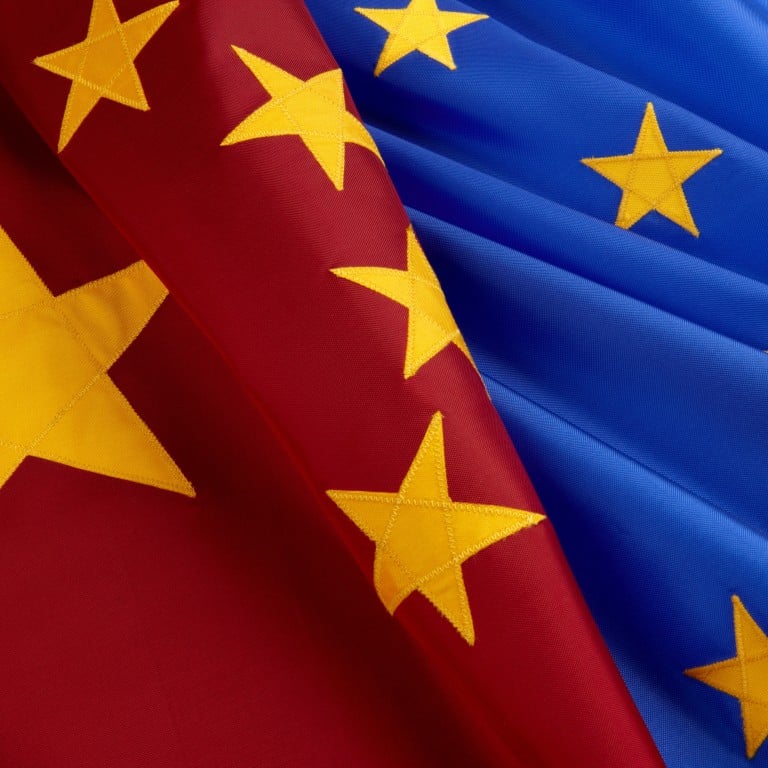
Dangers for China in the EU drive for strategic autonomy: analyst
- Beijing has supported the bloc’s for a more united and independent global profile
- But there are economic and geopolitical risks as well as rewards for China, researcher says
Strategic autonomy is the idea that the EU should be able to operate independently across all fronts, including in defence, and Beijing sees it as a check on the influence of the United States.
But there is a risk that a more united European Union could have blowback for China, a Chinese researcher has warned, and the country should be aware of those potential challenges.
EU foreign ministers aim to carve out ‘common approach’ on Olympic boycott
Strategic autonomy became part of the EU’s global strategy doctrine in 2016. It was initially focused on improving defences within the bloc but has since been broadened to encompass economic, energy and digital policy.
Writing in the social sciences journal Fudan, Yan Shaohua, a research associate professor at the Centre for China-Europe Relations at Fudan University, said China needed to have a “clear” and “objective” understanding of how strategic autonomy could influence the EU’s response to perceived Chinese threats to European economic and geopolitical sovereignty.
“Strengthening strategic autonomy means strengthening the unity within the EU and adopting a more unified position on China policy,” he wrote in the journal.
Yan warned that the EU’s pursuit of political solidarity could also affect the China policies of individual EU member states.
Lithuanian Foreign Minister Gabrielius Landsbergis signalled this May in an interview with Politico when he suggested that EU countries should deal with China at a “more uniting and therefore much more efficient” bloc level.
“The EU is strongest when all 27 member states act together along with EU institutions,” Landsbergis said.
Lithuania also appealed for EU solidarity this month to counter China’s “economic coercion”, after Lithuanian firms reported having shipments banned from entering the Chinese market.
In addition, Yan said in the article there was a risk that the idea of economic strategic autonomy could strengthen EU protectionism towards China and encourage the block to reduce economic ties with China.
Further, the EU’s geopolitical ambitions could trigger competition between China and Europe, with European Commission President Ursula von der Leyen pledging to lead “a geopolitical commission”.
“While being wary of China’s influence in its geopolitical sensitive areas, the EU has expanded its geopolitical aspirations to China’s geopolitical sensitive areas, especially the ‘Indo-Pacific’ region,” Yan said.
Despite all these challenges, European strategic autonomy presented China with greater opportunities, he said, particularly its overlap with China’s pledge to build a multipolar world with maintaining a balance between China and the United States.

